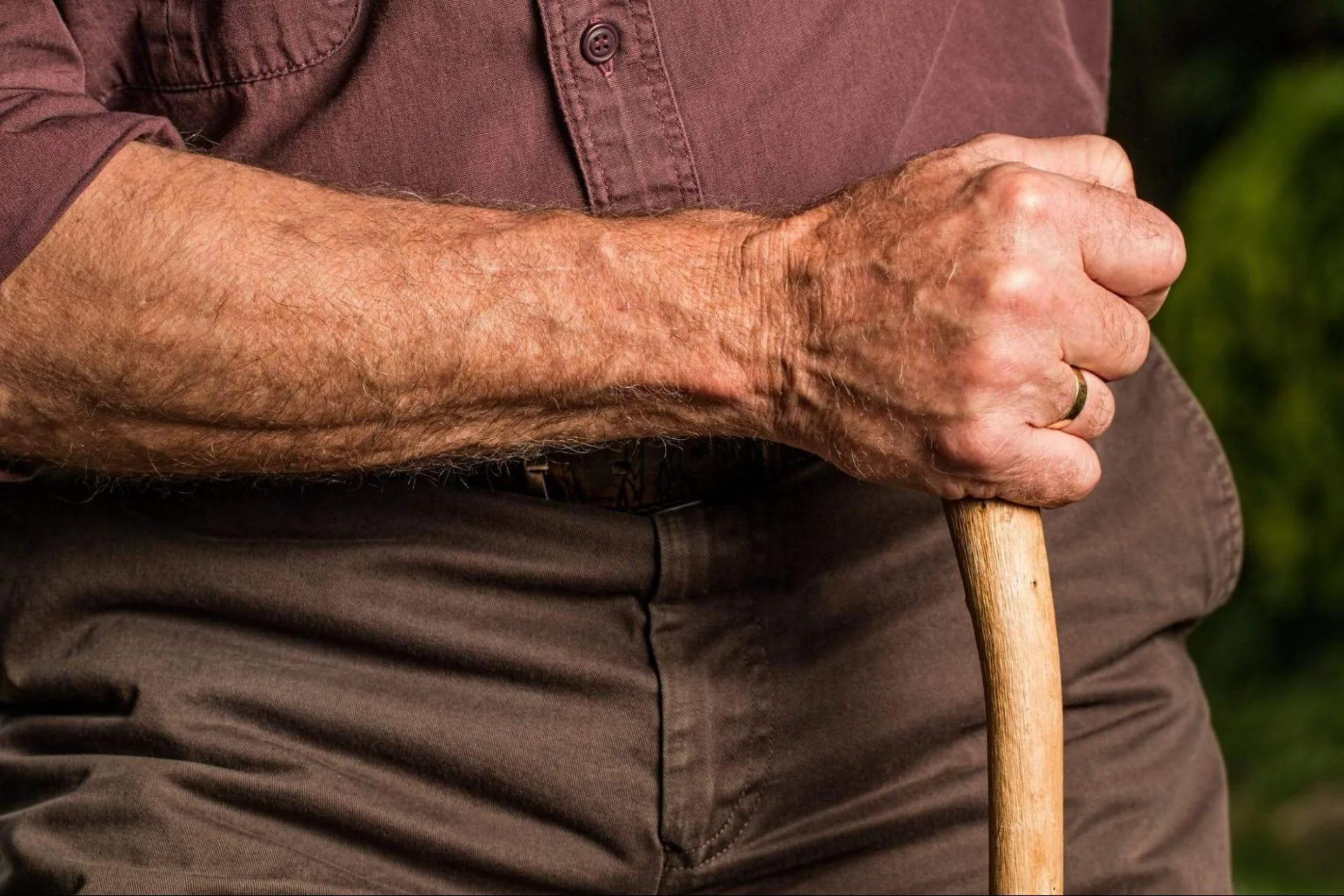As our elderly loved ones age, the quality of care they deserve can become challenging to provide. Some elderly adults are placed in assisted living facilities, while others get to live out their golden years at home with the assistance of a caregiver. Longevity Live Paid Content.
However, despite their families’ efforts, many senior adults experience elder abuse from individuals who are supposed to care for them. In this article, let’s delve deeper into this silent epidemic, how to spot the warning signs, and efficient ways to address them.
Types of Elder Abuse
Elder abuse goes beyond physical maltreatment. It can take various forms, such as emotional, psychological, sexual, verbal, financial, and neglect. Elder abuse can also happen in any setting and can be carried out by even those closest to them. Since there’s no definite pattern and anyone can be a perpetrator, you must always stay vigilant and prepared to take appropriate measures.
Common Warning Signs
To efficiently address the possible abuse of your elderly loved one, you must learn to detect the mistreatment before it escalates further. Some common elder abuse warning signs include:
- Unexplained injuries such as scars, cuts, burns, fractures, or bruises in the genitals
- Frequent hospital visits
- Sudden mood or behavior changes
- Missing personal items
- Decreased financial transactions
- Loss of assets
- Unexpected weight loss
- Lack of medication
- Dehydration
- Fearful behavior
- Poor hygiene
- Bed sores
- Isolation
- Withdrawal from social interactions
- Unexplained sexually transmitted disease
Steps to Take If You Suspect Abuse
If you suspect your elderly loved being abused, you need to take necessary actions right away.
-
- Keep a watchful eye: Remain vigilant and look out for any of the previously mentioned red flags. While you don’t need to be cynical of everyone, it is essential to widen your perspective and consider that even close relatives and friends are capable of violence.
- Talk to your loved one: Your elderly family member may feel reluctant to report the abuse for fear of retaliation from the perpetrator, or they may be physically unable to do so because of their health condition. Be proactive and share your suspicions with your elderly. If they confide in you, listen emphatically and patiently. If they decide not to talk, do not force them but reassure your elderly loved one that you’re there to help.
- Contact the authorities: If you suspect elder abuse, do not hesitate to reach out for proper support. You can report it to law enforcement, local adult protective services, or 911 if you believe your loved one is in imminent danger. If the abuser is a family caregiver, never confront them alone, as it may provoke the suspected perpetrator into bringing more harm to your elderly loved one. Talk to your other relatives about the best course of action that would not put your elderly adult in more danger.
- Keep a watchful eye: Remain vigilant and look out for any of the previously mentioned red flags. While you don’t need to be cynical of everyone, it is essential to widen your perspective and consider that even close relatives and friends are capable of violence.
Endnote
Understanding elder abuse and recognizing its warning signs is vital to ensuring that your elderly receive the care they deserve. Early detection and intervention play an integral part in safeguarding your senior adults’ rights and ensuring that they age gracefully and peacefully.



![women [longevity live]](https://longevitylive.com/wp-content/uploads/2020/01/photo-of-women-walking-down-the-street-1116984-100x100.jpg)










